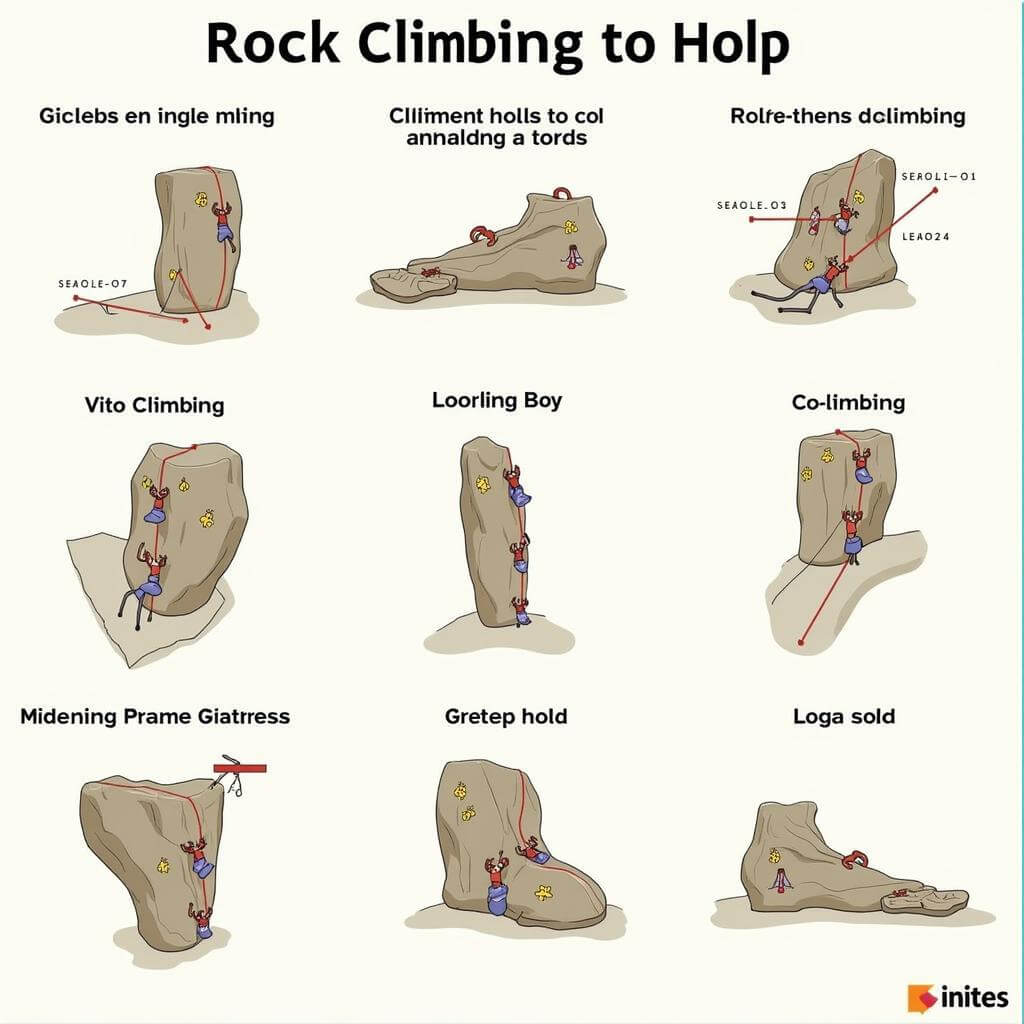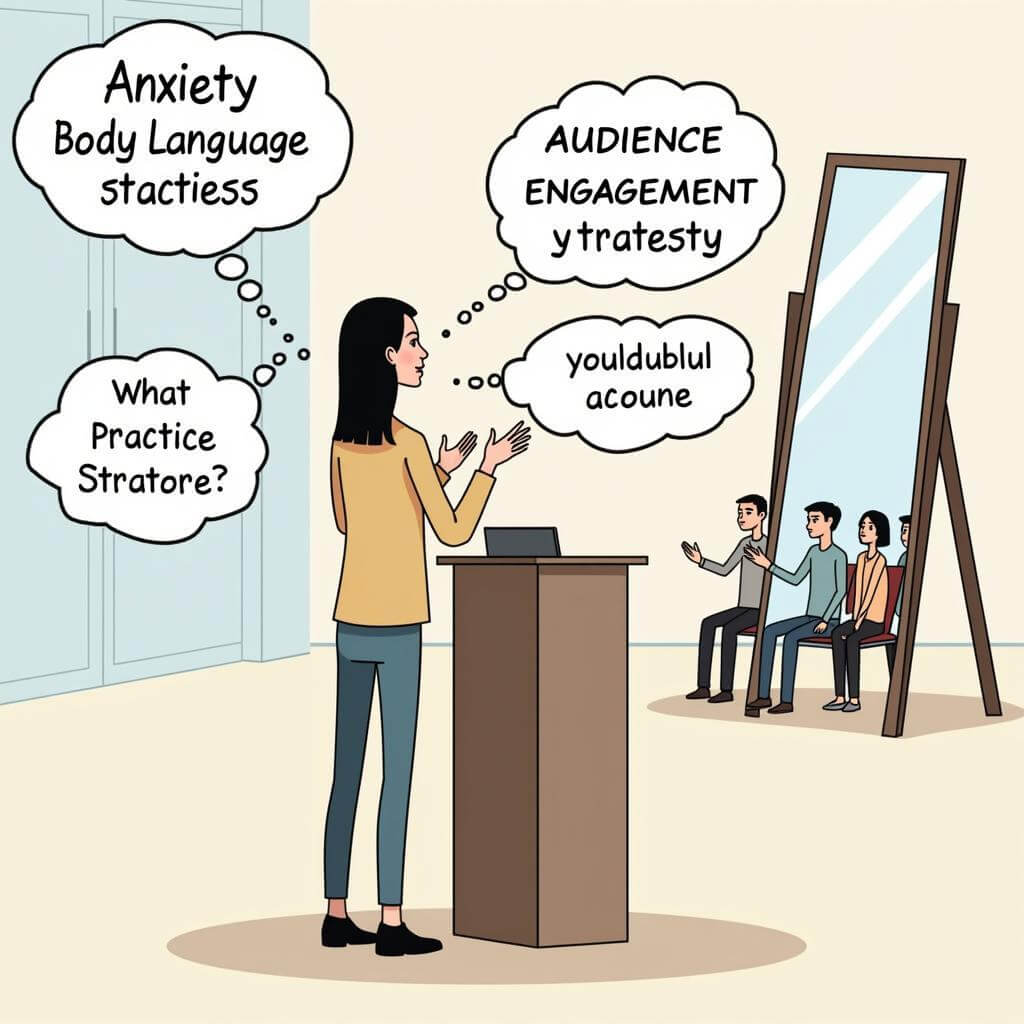The topic of describing a recently learned sport is a common and engaging subject in IELTS Speaking tests. It allows candidates to showcase their language skills while discussing personal experiences and interests. This topic has appeared frequently in past exams and is likely to remain relevant in future tests due to its versatility and relatability.
Part 1: Introduction and Interview
In this section, the examiner may ask you general questions about sports and physical activities. Here are some possible questions and a sample answer:
Question: Do you enjoy playing sports?
Sample answer (Band 7-8):
“Absolutely! I’m quite passionate about sports and try to engage in physical activities regularly. Not only do they keep me fit, but they also provide a great opportunity to socialize and challenge myself. Recently, I’ve been particularly interested in describe a new skill you developed over the past year, which has added an exciting dimension to my fitness routine.”
Part 2: Long Turn
Cue Card:
Describe a sport you have recently learned
You should say:
- What the sport is
- When and where you learned it
- Why you decided to learn it
- And explain how you feel about this sport now
Sample Answer (Band 6-7):
“I’d like to talk about a sport I recently picked up, which is rock climbing. I started learning this exciting activity about six months ago at a local indoor climbing gym in my city.
The main reason I decided to give rock climbing a try was that I was looking for a new challenge to spice up my fitness routine. I had been doing regular workouts at the gym, but I felt like I needed something more engaging and mentally stimulating.
When I first started, I was a bit nervous about the height and the physical demands of the sport. However, the instructors at the climbing gym were incredibly supportive and patient. They taught me the basics of safety, proper techniques, and how to read climbing routes.
Now, after several months of practice, I can confidently say that I’m hooked on rock climbing. It’s not just a physical workout but also a mental puzzle that keeps me engaged and motivated. I love the sense of accomplishment I feel when I successfully complete a challenging route.
Overall, learning rock climbing has been an incredibly rewarding experience. It has improved my strength, flexibility, and problem-solving skills. Moreover, it has introduced me to a wonderful community of fellow climbers who are always supportive and encouraging. I’m excited to continue developing my skills and maybe even try outdoor climbing in the future.”
Sample Answer (Band 8-9):
“I’d be delighted to share my experience with a sport I’ve recently immersed myself in – bouldering, which is a form of rock climbing performed without ropes or harnesses. I embarked on this exhilarating journey approximately four months ago at an avant-garde climbing facility that opened in the heart of our city.
The impetus behind my decision to delve into bouldering was multifaceted. Primarily, I was seeking an activity that would not only enhance my physical fitness but also present a cognitive challenge. Bouldering, with its emphasis on problem-solving and strategic movement, seemed to perfectly align with these criteria. Additionally, I was drawn to the sport’s social aspect, as it provides ample opportunities for interaction and mutual encouragement among climbers.
My initial foray into bouldering was both daunting and thrilling. The experienced climbers and instructors at the facility were exceptionally welcoming and pedagogical in their approach. They meticulously elucidated the fundamental techniques, safety protocols, and the intricate system of grading routes, which is essential for tracking progress and setting goals.
As I reflect on my journey thus far, I can unequivocally state that bouldering has surpassed my expectations in myriad ways. It has proven to be an incredibly holistic form of exercise, simultaneously enhancing my strength, flexibility, balance, and spatial awareness. Moreover, the mental aspects of the sport – the focus required to decipher routes and the resilience needed to persist through challenging problems – have had a profound impact on my cognitive abilities and problem-solving skills.
Perhaps most significantly, bouldering has introduced me to a vibrant and supportive community. The camaraderie among climbers, regardless of skill level, is truly remarkable. We regularly exchange tips, celebrate each other’s achievements, and collaboratively work on solving particularly challenging routes.
In conclusion, my foray into bouldering has been nothing short of transformative. It has not only improved my physical condition but has also enriched my life with new friendships and a renewed sense of perseverance. I find myself constantly anticipating my next climbing session and am eager to continue pushing my boundaries in this captivating sport.”
Follow-up questions:
- How has learning this sport affected your daily routine?
- Would you recommend this sport to others? Why or why not?
Sample answer for question 1 (Band 8-9):
“Learning bouldering has significantly impacted my daily routine in several positive ways. Firstly, it has instilled in me a greater sense of discipline and time management. I now meticulously plan my days to accommodate regular climbing sessions, typically three to four times a week. This has necessitated a more structured approach to my work and personal commitments.
Moreover, the physical demands of bouldering have prompted me to pay more attention to my overall health and wellness. I’ve become more conscious of my diet, ensuring I consume nutritious meals that support muscle recovery and energy levels. I’ve also incorporated complementary exercises into my routine, such as yoga for flexibility and core strengthening exercises, which enhance my climbing performance.
Interestingly, the problem-solving aspect of bouldering has permeated other areas of my life. I find myself approaching challenges at work and in personal situations with a more analytical and strategic mindset, breaking down complex problems into manageable steps, much like tackling a difficult climbing route.
Lastly, the social aspect of the sport has enriched my social life. I’ve forged new friendships with fellow climbers, and we often meet outside the climbing gym for other activities or to discuss climbing techniques and experiences. This has added a vibrant new dimension to my social circle and weekends.
In essence, bouldering has not just been a sport I’ve added to my routine; it has become a lifestyle that has positively influenced various aspects of my daily life, from physical health to mental acuity and social connections.”
Part 3: Two-way Discussion
Question: How do you think technology has changed the way people engage with sports?
Sample answer (Band 7-8):
“Technology has undoubtedly revolutionized the way people interact with sports in numerous ways. Firstly, it has made sports more accessible to a wider audience. With streaming services and mobile apps, fans can now watch their favorite sports anytime, anywhere, which was unimaginable just a few decades ago.
Moreover, technology has enhanced the training and performance of athletes. Advanced equipment, wearable devices, and data analytics allow athletes and coaches to track performance metrics in real-time, leading to more targeted and effective training regimens.
For recreational sports enthusiasts, technology has made it easier to connect with like-minded individuals. Social media platforms and specialized apps help people find partners for various sports activities, join local clubs, or participate in virtual competitions.
However, it’s worth noting that technology has also brought some challenges. The increased screen time associated with watching sports or using sports-related apps might lead to a more sedentary lifestyle for some individuals. Additionally, the pressure to constantly share and compare performance data on social media platforms could potentially create unnecessary stress for amateur athletes.
Overall, while technology has greatly enhanced our engagement with sports, it’s crucial to maintain a balance and not let it overshadow the fundamental joy and physical benefits of participating in sports activities.”
Question: Do you think governments should invest more in promoting sports among young people?
Sample answer (Band 8-9):
“I firmly believe that governments should allocate more resources towards promoting sports among young people, as the benefits of such investments are manifold and far-reaching.
Firstly, encouraging youth participation in sports is a proactive approach to public health management. In an era where sedentary lifestyles and obesity rates are on the rise, sports offer an engaging way to promote physical activity and instill healthy habits from a young age. This not only improves the immediate health and well-being of young people but also potentially reduces the long-term healthcare burden on society.
Moreover, sports serve as an excellent vehicle for character development. They teach valuable life skills such as teamwork, discipline, leadership, and resilience – qualities that are crucial for success in various aspects of life. By investing in sports programs, governments are essentially investing in the personal growth and future potential of their young citizens.
From a social perspective, sports can be a powerful tool for community building and social cohesion. They bring people together across diverse backgrounds, fostering a sense of unity and shared purpose. This is particularly important in multicultural societies where sports can serve as a common language that transcends cultural and linguistic barriers.
Additionally, promoting sports can have significant economic implications. A thriving sports culture can create job opportunities in various sectors, from coaching and sports management to event organization and sports tourism. It can also nurture talent that might lead to success in professional sports, potentially boosting national prestige and economic benefits.
However, it’s crucial that such investments are made thoughtfully and equitably. Governments should strive to promote a diverse range of sports, catering to different interests and abilities, rather than focusing solely on popular or traditional sports. They should also ensure that facilities and programs are accessible to all segments of society, regardless of socioeconomic status or geographic location.
In conclusion, while there are certainly many competing priorities for government spending, investing in sports for young people offers a unique combination of health, social, and economic benefits that make it a worthwhile and strategic use of public resources. Describe an old person you recently met who was involved in promoting sports among youth, and you’ll likely hear about the positive impact such initiatives can have on communities.”
Key Vocabulary and Phrases for High Scores
-
Exhilarating /ɪɡˈzɪləreɪtɪŋ/ (adjective): Very exciting and enjoyable.
Example: “Bouldering is an exhilarating sport that combines physical challenge with mental problem-solving.” -
Holistic /həʊˈlɪstɪk/ (adjective): Dealing with or treating the whole of something or someone and not just a part.
Example: “Rock climbing provides a holistic workout, engaging both body and mind.” -
Meticulously /məˈtɪkjələsli/ (adverb): In a way that shows great attention to detail; very thoroughly and carefully.
Example: “The instructors meticulously explained the safety procedures before we started climbing.” -
Avant-garde /ˌævɒ̃ˈɡɑːd/ (adjective): New and experimental ideas and methods in art, music, or literature.
Example: “The new climbing gym features avant-garde design elements that create unique and challenging routes.” -
Permeate /ˈpɜːmieɪt/ (verb): To spread throughout something and be present in every part of it.
Example: “The problem-solving skills I’ve developed through climbing have permeated other areas of my life.”
 Rock climbing vocabulary illustration
Rock climbing vocabulary illustration
Examiner’s Advice
To excel in the IELTS Speaking test, particularly when describing a sport you’ve recently learned:
- Practice incorporating advanced vocabulary and idiomatic expressions naturally into your responses.
- Develop your ideas fully, providing specific examples and personal experiences to support your points.
- Work on your fluency by practicing speaking on various topics without long pauses or hesitations.
- Pay attention to your pronunciation and intonation to ensure clear communication.
- Be prepared to discuss not just the sport itself, but also its broader implications on health, society, and personal development.
- Describe a skill you recently developed in addition to the sport, as this can demonstrate your ability to draw connections between different areas of personal growth.
Remember, the key to success in the IELTS Speaking test is to communicate confidently and effectively while showcasing your language skills and ability to express complex ideas.


